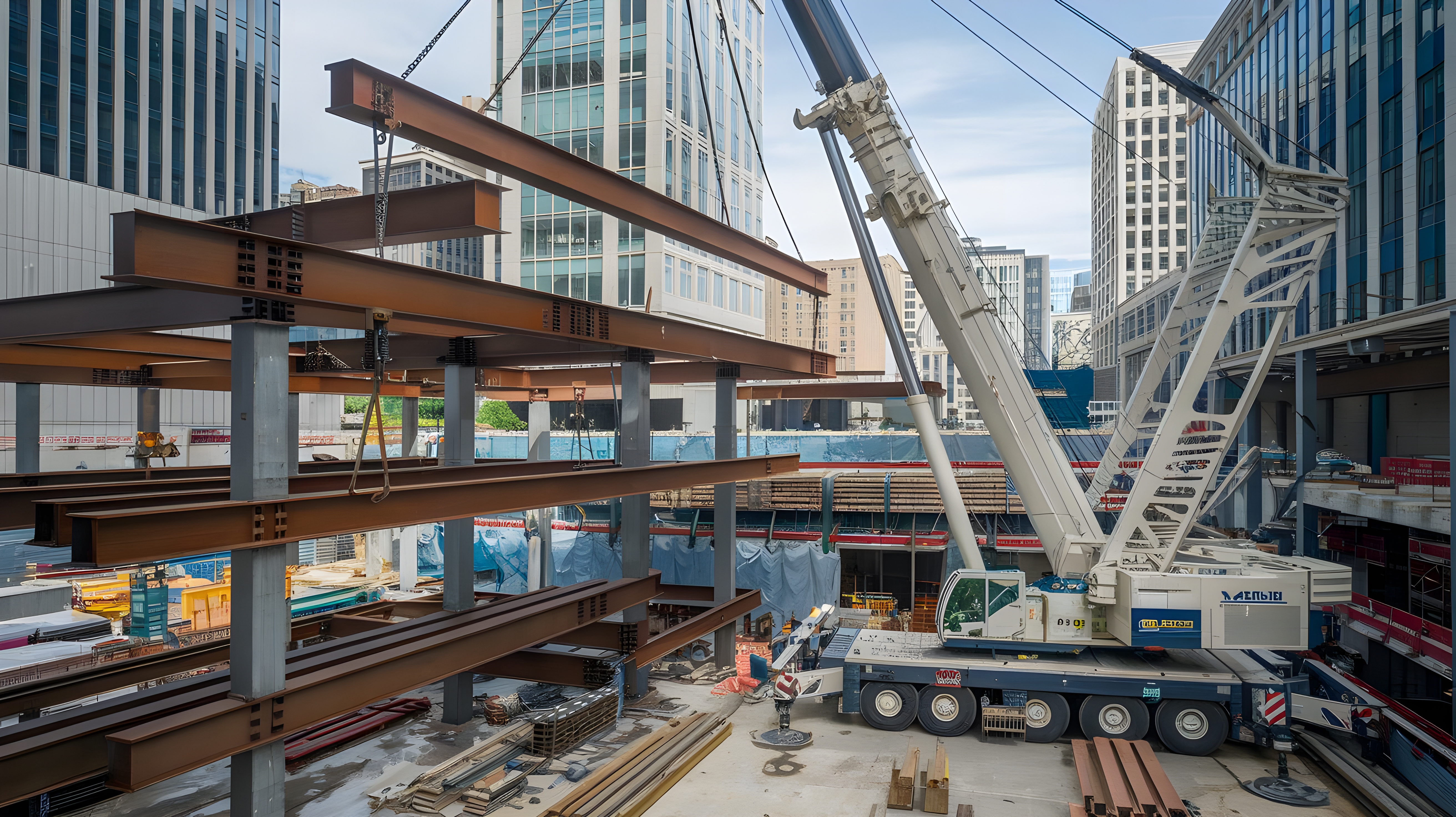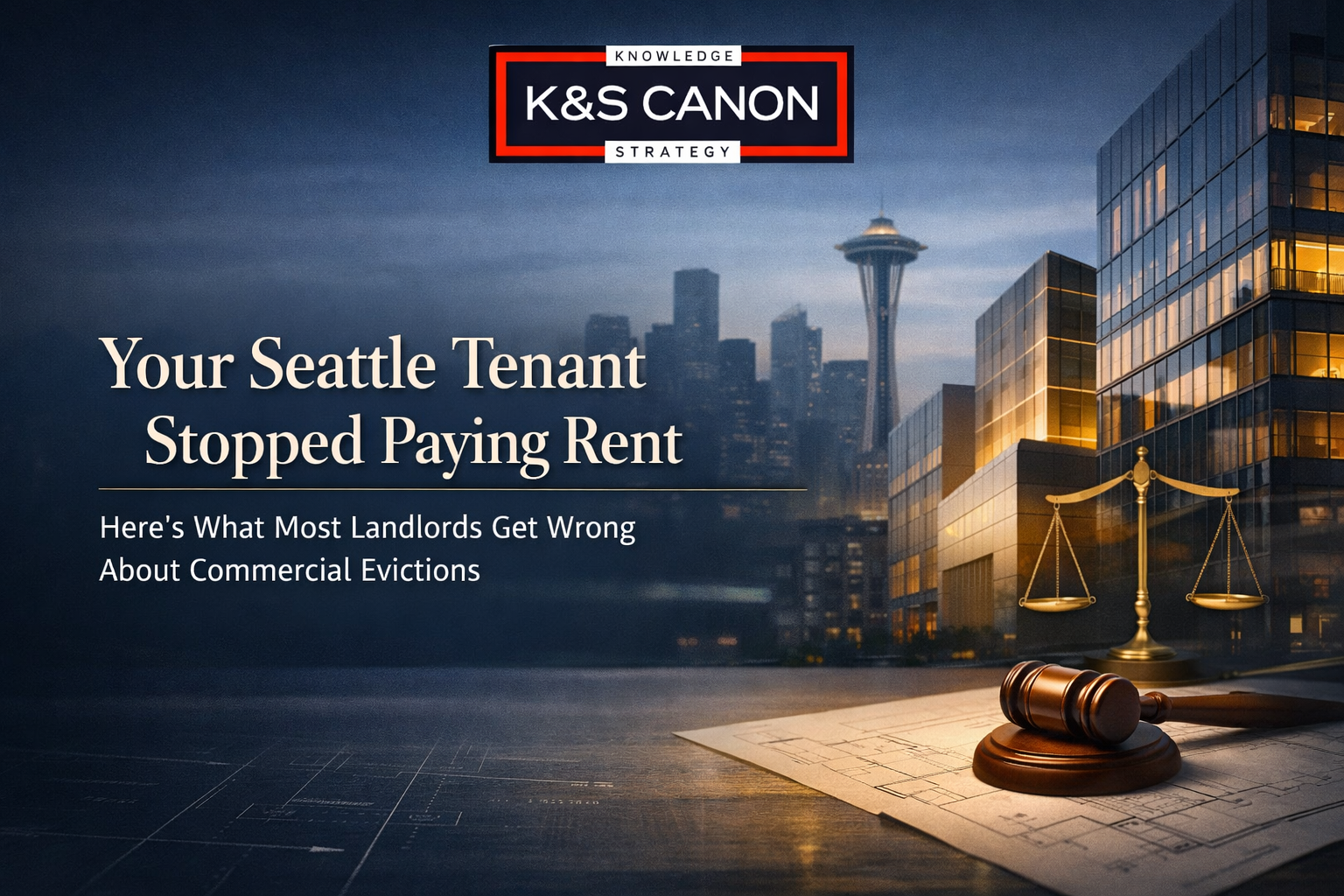7 Development Contract Must-Haves That Seattle Builders Can't Ignore

Ever signed a development contract that came back to bite you? You're not alone. Seattle builders risk losing thousands of dollars because of poorly written agreements every year. The right contract protects your project, your profit, and your reputation when challenges hit—and they will hit. Let's unpack what actually works in 2025's construction landscape.
What Elements Make or Break Seattle Development Contracts?
Clear scope statements save projects. A watertight contract needs seven essential elements that protect everyone's interests:
- Detailed scope definition with measurable deliverables and quality standards
- Weather-smart timelines with milestone checkpoints (Seattle rain won't wait!)
- Fair payment structures that prevent cash flow nightmares
- Risk provisions that don't leave you holding all the liability
- Practical dispute steps that solve problems before they become lawsuits
- Change order systems that capture every modification without slowing work
- Compliance checkpoints specific to Seattle's unique regulatory environment
Missing any of these elements creates openings for misunderstandings that can spiral into costly disputes, often resulting in budget overruns and schedule delays that could have been prevented.
How Do Seattle's Unique Rules Affect Your Development Contracts?
Seattle's regulatory landscape changes fast. Your contracts need built-in protections against the city's unique compliance hurdles:
- Seattle's 2025 energy code requirements now demand specific contract language about building performance
- Local labor provisions with teeth—contracts missing Seattle's wage requirements faced 58% more disputes in 2024
- Environmental protection clauses that meet the city's strict stormwater and tree preservation standards
- Permitting timeline buffers that account for Seattle's 30% longer approval process
Do you have a template contract from Portland or San Francisco? Recipe for disaster. Seattle's rules need Seattle-specific protection.
Why Do Subcontractor Contracts Make or Break Seattle Projects?
Your subcontractors can sink your project overnight. Strong sub agreements need:
- Bulletproof, clearly written scope definitions that leave zero wiggle room
- Communication rules with mandatory response times and deadlines
- Back-to-back provisions so your obligations to owners flow down to subs
- Strong quality standards and effective inspection protocols
- Insurance requirements that actually protect you when things go wrong
The coordination of these relationships often determines project success more than any other factor. Without clearly defined responsibilities and expectations, subcontractor issues can cascade into major project disruptions.
What Contract Mistakes Cost Seattle Builders Millions Every Year?
These five contract failures sink Seattle projects daily:
- Fuzzy scope language that lets clients demand more without paying more
- Missing change order systems that leave thousands in work undocumented and unpaid
- No weather backup plans in a city with 152 rainy days annually, it pays to have plans
- Weak dispute steps that turn $5,000 disagreements into $50,000 legal battles
- Vague completion definitions that trap you in project purgatory for months
Schedule delays, budget overruns, and fractured business relationships often stem from these fundamental contract oversights. All the above could be addressed before you even break ground.
How Do Smart Builders Handle Mid-Project Changes?
Changes happen on 100% of construction projects. Your contract needs a change management system that works when chaos hits:
- Simple change request forms that subs and owners actually use
- Required cost and schedule impact analysis before approval
- Clear authorization protocols with designated approvers
- Documentation systems that track every change
- Pricing methods that are fair to everyone
Changes without proper documentation lead to the most common construction disputes. A solid change order process keeps projects on track even when plans evolve—which they always do.
When Should You Get Your Contracts Reviewed in Seattle?
Early, comprehensive contract review prevents expensive fixes later. The best time to evaluate your contracts is:
- Before you commit to that new development
- When you're expanding your operation into new territory
- After losing money on a project with contract issues (learn from mistakes!)
- When you see changes in Seattle's building codes or regulations (avoid code violations)
- Now! Especially if you've had trouble with subcontractor performance in the past
Prevention costs a fraction of what remediation does. Most successful builders in Seattle make contract review part of their standard project startup process.
Ready to Build Success Into Your Seattle Development Contracts?
Strong contracts make for successful projects. They protect your business, clarify expectations, and provide a roadmap when complications arise.
Want to learn more about creating bulletproof development contracts for your Seattle projects? Reach out to K&S Canon for a free consultation today. Our expertise in Seattle's unique development landscape could save your next project from costly contract pitfalls.
Disclaimer: This blog post is for informational purposes only and does not constitute legal advice. Commercial lease regulations may vary by location and change over time. Consult with a qualified attorney for guidance specific to your situation.




